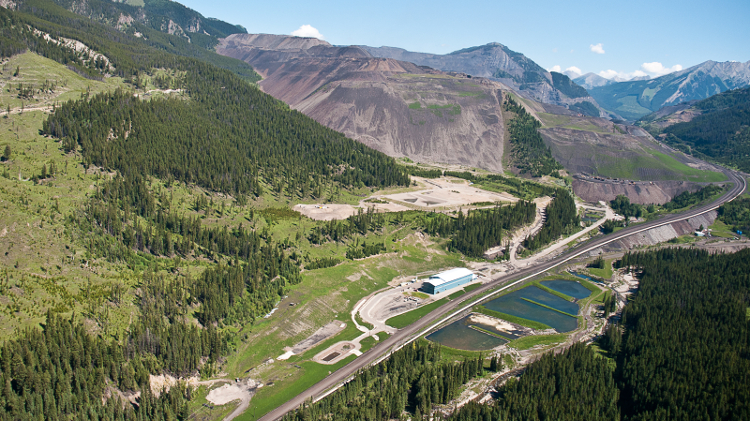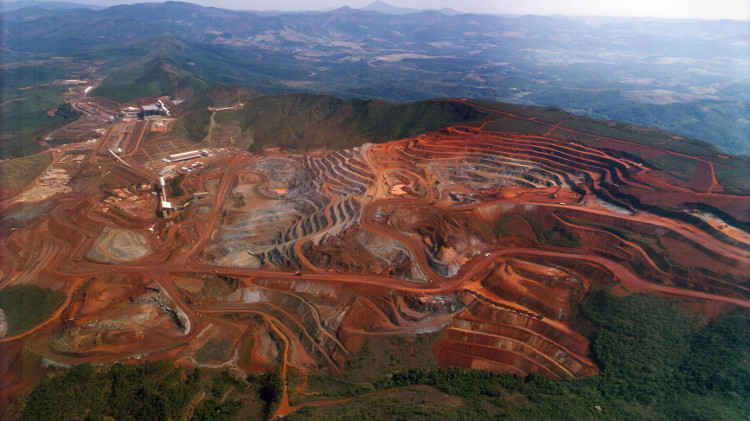Samarco and its parent companies, BHP Billiton and Vale, have entered into a preliminary agreement with Brazilian federal prosecutors to settle the civil claim over the 2015 Fundão tailings dam failure for roughly US$47.5 billion. The amount will cover social, environmental and economic remediation and compensation.
“The preliminary agreement we signed [in January] agrees on a process for the negotiations to settle this,” said Ruban Yogarajah, a spokesperson for BHP Billiton. It succeeds a previous attempt last March by the three companies, Brazil’s federal government and two state governments to settle terms for the implementation of environmental and socioeconomic programs to assist and rebuild communities in the states of Minas Gerais and Espírito Santo, which were impacted by the dam collapse.
The initial 2016 agreement created the Renova Foundation to manage the work and settled a US$6-billion civil claim. But despite being agreed upon by federal and state governments, federal prosecutors never signed on to this deal, demanding a significantly higher settlement in a separate suit, reportedly based on the clean-up costs of BP following the Deepwater Horizon oil spill in 2010.
This new preliminary agreement requires Samarco, Vale and BHP to advance US$60 million of the funding obligations within 90 days to the affected municipalities of Barra Longa, Rio Doce, Santa Cruz do Escalvado, and Ponte Nova. “It includes the appointment of experts to advise the prosecutors, and any revisions to the Renova Foundation’s programs and monitoring,” said Yogarajah.
Under the timeframe established in the preliminary agreement, a final settlement arrangement with federal prosecutors is expected to occur by the end of June. If not, the courts could reinstate a US$370-million injunction clause.
Last August BHP announced a record loss of US$6.4 billion due to the dam collapse as well as a slump in overall commodity prices. A month later, Samarco announced plans to restructure debts after failing to make a US$13.4-million payment to international creditors.
Yogarajah said it was possible that operations at Samarco could restart within the year – the company employs some 5,000 people in the region. However, he said that any future “negotiations would depend on several […] licensing and commercial processes yet to be fully determined.” He declined to comment further.



